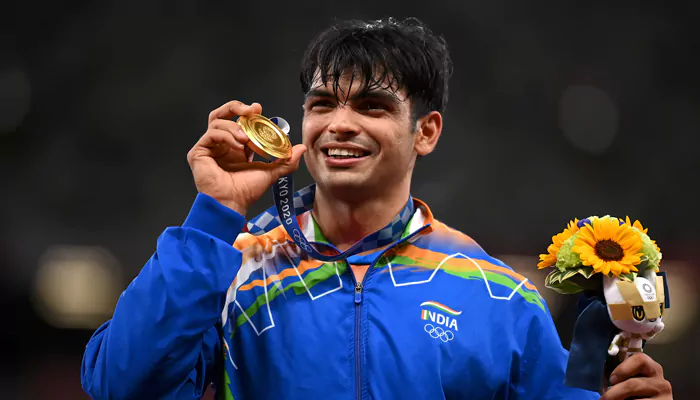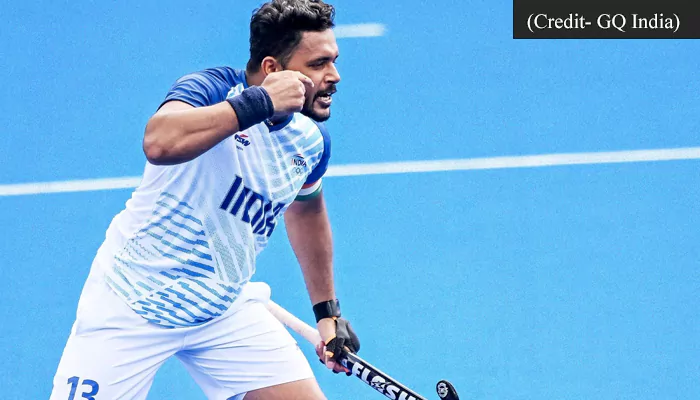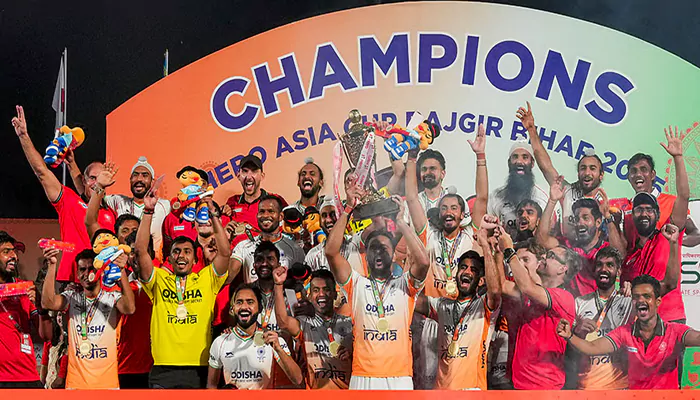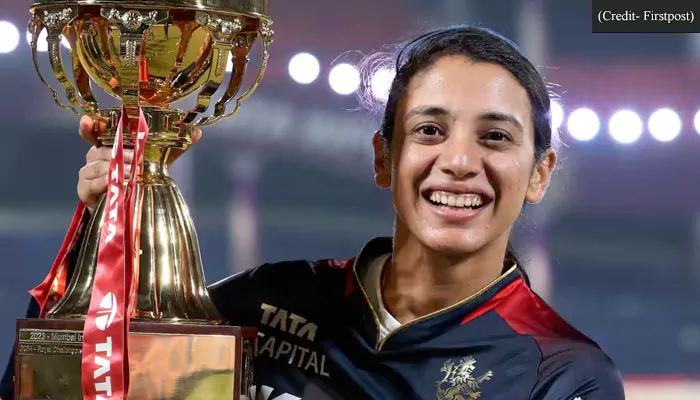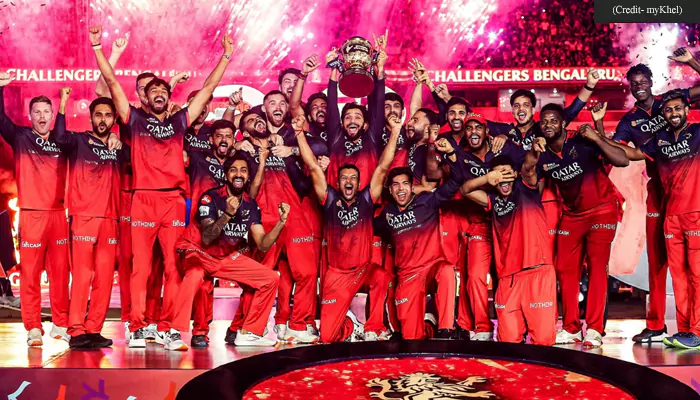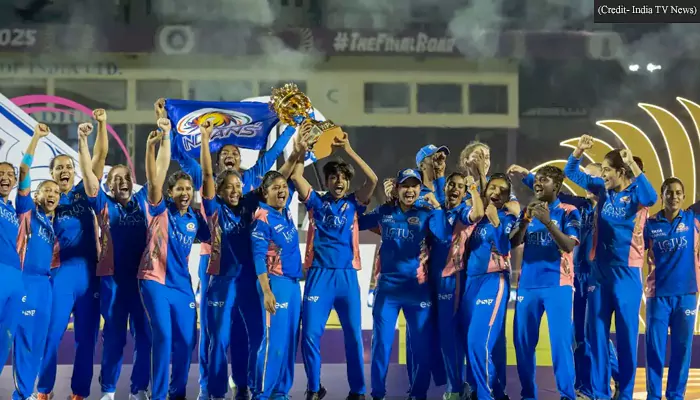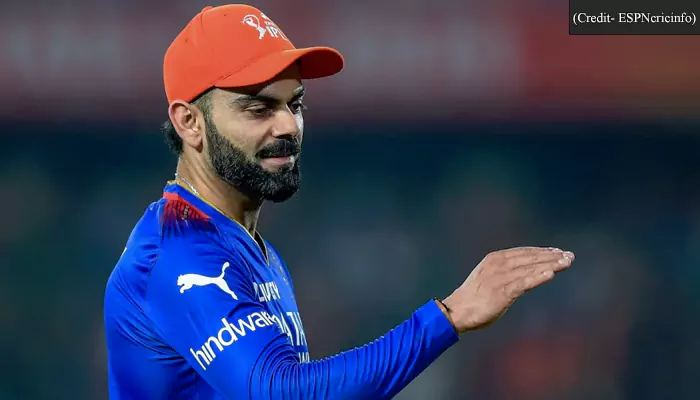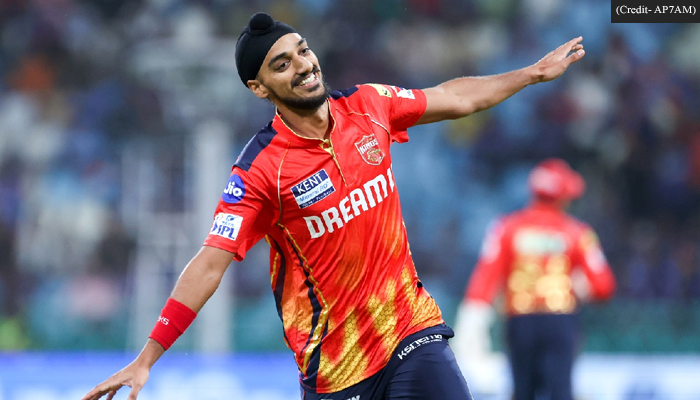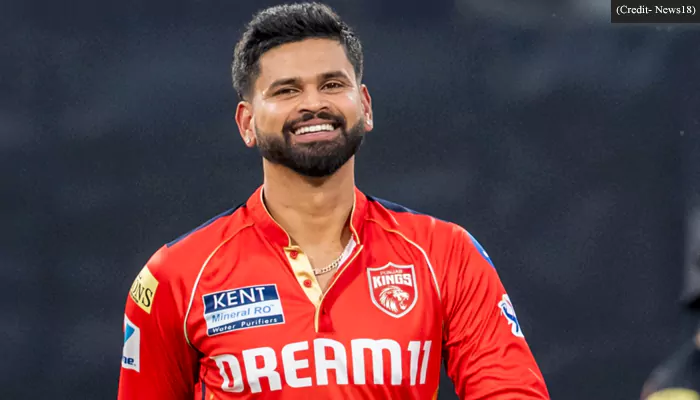Remember When an IPL Captain Almost Stopped a Match? Here’s What Happened!
- Sayan Guha
- 9 months ago
- 4 minutes read
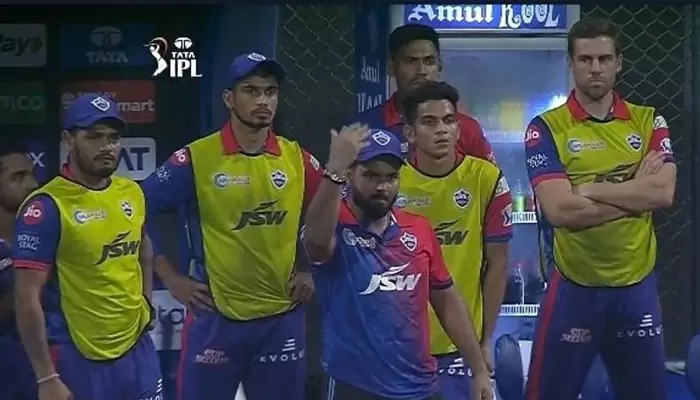
Pant’s actions that night remain a stark reminder of how emotions can explode in high-stakes games
Some IPL matches are renowned for magnificent centuries, last-ball thrillers, or game-changing performances. However, on 22 April 2022, at Wankhede Stadium, the focus was not on a spectacular knock or a crucial bowling spell but rather on a moment of high drama, frustration, and defiance from a captain. Rishabh Pant, the captain of Delhi Capitals, almost called off the match midway due to an umpire’s decision.

Credit: ESPNcricinfo
The Firestarter: A no-ball that never was
Chasing a daunting 223 against the Rajasthan Royals, the Delhi Capitals found themselves in a precarious position. They needed 36 runs from the final over, a near-impossible feat unless something extraordinary transpired.
With little to lose, Rovman Powell launched three sixes off the first three balls of the over! The stadium erupted, and a sense of optimism filled the air.

Credit: ESPNcricinfo
But then came the moment that unleashed chaos. The next delivery, a full toss from Obed McCoy, soared over Powell’s head and vanished into the stands. The Capitals’ dugout erupted, calling for a no-ball due to height.

Credit: ESPNcricinfo
A no-ball ruling here would mean a free hit and an additional run, significantly shifting the dynamics. However, on-field umpires Nitin Menon and Nikhil Patwardhan declined to signal a no-ball.
Pant loses his cool
What followed was unprecedented. At the non-striker’s end, Kuldeep Yadav signalled to the umpires to review the decision. Powell joined him and presented their case. However, the umpires refused—the rules prohibited them from referring to such a call unless a wicket was involved.

Credit: Zee News
Frustration boiled over. Pant, standing in the dugout, was furious. In a moment of disbelief, he did something that sent shockwaves across the cricket world: he gestured for Powell and Kuldeep to leave the pitch!

Credit: The Bridge
Indeed, an IPL skipper was prepared to leave a match over an umpiring judgement. Even when the team’s assistant coach, Shane Watson, attempted to calm him down, Pant remained resolute. The game lingered in limbo.
Chaos, confusion, and a coach’s intervention
The scene became more heated when Delhi’s assistant coach, Pravin Amre, went onto the field—yes, onto the pitch—to confront the umpires! This was unprecedented in IPL history.
Meanwhile, Rajasthan Royals players, particularly Jos Buttler, who had previously scored a match-winning 116, appeared visibly unhappy. Yuzvendra Chahal was seen trying to prevent Kuldeep from leaving.

Credit: ESPNcricinfo
The Royals’ skipper, Sanju Samson, and team director, Kumar Sangakkara, remained composed, allowing the umpires to manage the situation. After a prolonged wait, Amre was ultimately sent back, the batters resumed play, and McCoy, recovering after the dramatic pause, delivered a brilliant final three deliveries to secure a 15-run victory for the Rajasthan Royals.

Credit: ESPNcricinfo
The aftermath: Fines and fallout
As predicted, the conflict did not conclude with the last ball. The IPL governing body responded with severe punishments. Rishabh Pant’s match fee was deducted entirely due to his conduct, while Pravin Amre received a one-match ban and a corresponding fine for entering the pitch.
However, Shardul Thakur was not exempt, as he was fined 50% of his match money for his role in the turmoil. Regardless of the intensity of the moment, team officials later emphasised the importance of respecting the umpire’s authority, asserting that emotions should never dictate the game’s pace.

Credit: thesportsrush
It was not just a no-ball; it concerned the integrity of the game, the umpires’ authority, and a captain’s frustration limits. As IPL 2025 approaches, fans reflect on that night and wonder: What if Pant had succeeded in stopping the match?

